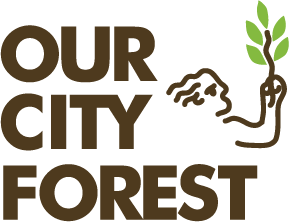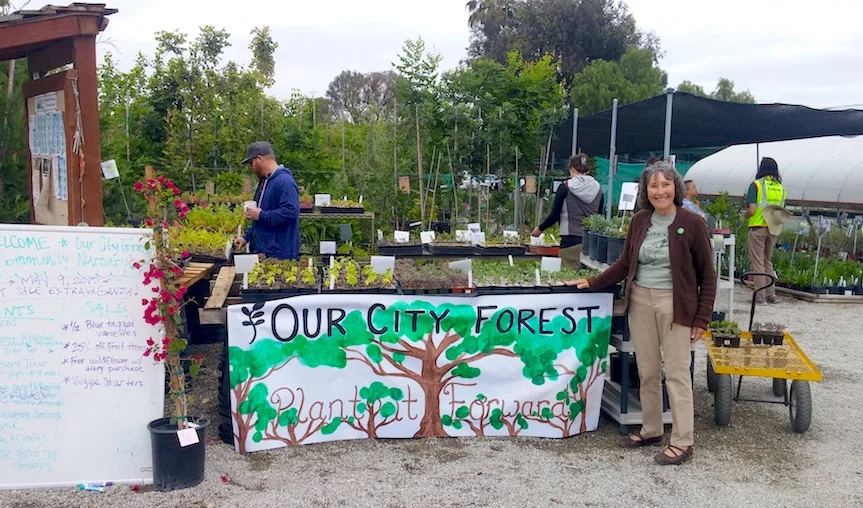Let’s face it - nobody likes weeds, and there are plenty of pernicious and unrelenting varieties out there. Accordingly, there are as many weed control techniques as there are weeds. Choosing the right option for your lawn can be a daunting task, but there are a few guidelines you can follow. A general rule of thumb is to steer clear of weed-killing chemicals. Glyphosphate, which is found in many popular chemical herbicides, has been scientifically proven to harm human cells, and should probably stay away from your lawn. This is especially important if you plan on using trimmings or grass clippings in your compost pile! Additionally, there are some herbicides that promote the growth of new, resistant, strains of weeds. If you do feel the need to use an herbicide, there are plenty of organic herbicidal options that are better for your lawn, with varying degrees of success.
This leaves you with a few options, but most notable are landscape fabric and sheet mulching with cardboard. At Our City Forest, we definitely suggest using sheet mulching instead of landscape fabric, for a variety of reasons. First, and most importantly, landscape fabric will not stop weeds from growing in your yard. Those pesky perennial weeds will find a way to grow through or around the cloth. The fabric also decreases the amount of water that your yard can absorb when it rains, which creates more runoff, and a drier yard. Not ideal for growing things! Finally, some plants like to spread out once they get established. The landscape fabric restricts the amount of viable ground those plants have to work with, ultimately resulting in the plants being stunted or strangled.
A lawn conversion to a drought-tolerant garden, using sheet mulching as its base, is a great way to save water and eliminate most of the weeds in your yard.
At Our City Forest, we have a program called “Lawn Busters” which offers low-cost turf conversions to qualifying residents of San José. For all of our Lawn Buster projects, we use sheet mulching - a process that uses cardboard as a base layer to smother the grass along with layers of compost and wood chips.
It has a variety of long and short-term benefits. Its main purpose is to suppress weed growth without the use of chemicals, just like landscape fabric. What makes cardboard so useful, is what it can give back to your yard! The weeds under the cardboard are eventually composted, as is the cardboard itself, which helps your dirt become healthier and more nutrient-rich. It improves water retention in your soil and encourages worms to hang out there. Plus, you are using materials that would otherwise be thrown away (or hopefully recycled), which is so much better for the Earth! It is important to note that it is still possible for some weeds to grow with this method. There can be seeds in the mulch that you use, and some grasses are incredibly persistent. The best way to deal with these few issues is to pull weeds as soon as possible, so they don’t get established in your yard.
Our process is simple enough, if not a little labor intensive, for you to grab a few friends and do it yourself. If you don’t qualify for our low-cost Lawn Busters program, we have some upcoming workshops to demonstrate the best practices when converting your lawn.
FREE DIY Lawn Conversion Workshop:
May 6, 2017, during the Martial Cottle Park Spring Festival at 11AM and 1PM in our new site. See our website for more information.
Need plants for your yard? Visit Our City Forest’s Community Nursery Thursday-Saturday, 9am-12pm, for a wide selection of shrubs, grasses, trees, and succulents. There will be a Spring Plant Sale Extravaganza on Saturday, April 29 from 9AM - 3PM. Learn more about it on our website or join the FaceBook event.























